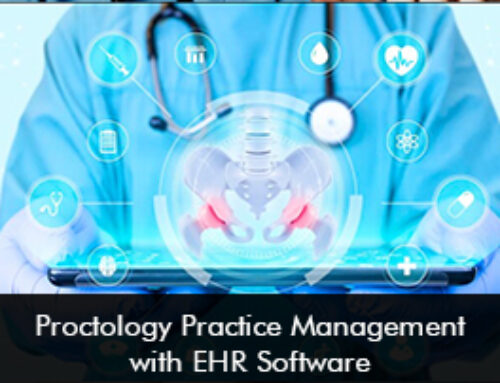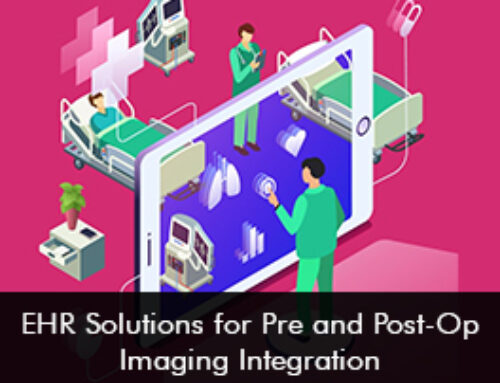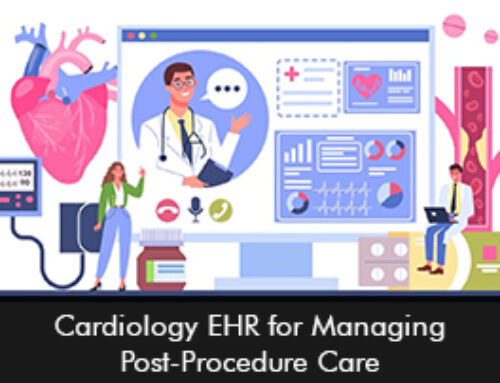Healthcare interoperability is important to support the seamless exchange of health data between systems. Interoperability is not an endpoint but a journey. The use of digital technology solutions in healthcare has prompted the implementation of health IT systems and standards between payers and providers due to federal rulemaking and many incentives. Some health systems don’t have the means to deploy the latest technology to boost health data exchange and still rely on traditional paper-based systems to share information with clinicians, payers, and other stakeholders involved in the continuum of care.
The value of selecting a healthcare interoperability partner
To stay competitive, healthcare organizations must work with an interoperability solution partner. This can help them to improve the current data exchange to support care coordination, reduce costs, and open a window of opportunity for seamless and secure data transfer as technology evolves – particularly the potential of the cloud and cloud-native platforms and applications.
Beyond paper records
Fax is still a form of communication used in healthcare. Healthcare professionals consider fax as an effective and convenient solution to use. Faxing is not an issue, but both fax machines and papers are not secure, and there’s always a threat.
There are benefits to transitioning to digital cloud faxing, it can lead to greater efficiency and even offer better security when data is exchanged. When the document goes digital providers can easily integrate a rich set of structured data. Data can be entered into workflow platforms and quickly act on information, which ultimately saves time.
The important part is to move beyond paper and unstructured documents such as PDFs and implement updated forms of technology that can turn images into data elements. For example, Artificial Intelligence (AI) technology has the power to extract data from a digital document and unlock data that can be beneficial at the point of care.
Selecting a proven interoperability software provider
For healthcare organizations and health systems, the challenge lies in selecting an EHR software or Electronic Medical Records (EMR) software vendor that offers true interoperability options. Strong interoperability will enable the seamless nationwide exchange to ensure data sharing is possible with any system. Software vendors like athenahealth, Oracle Cerner, Epic EMR Software, CareCloud, and eClinical Works are advancing in interoperability to empower clinicians with informed care decisions.







